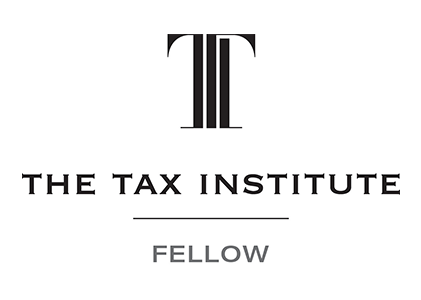Running a successful small business sometimes requires an upskilled team. If you need your employees to grow their expertise in a particular area, spotting them for short-courses can be a worthwhile endeavour.
When providing staff these courses, the following questions can be considered by employers from a tax viewpoint.
Can I claim a deduction for course or education fees provided?
Yes. As general rule, a deduction is available for the full costs incurred in providing education to employees (such as course fees, travel costs and so on). What businesses tend to forget however is to consider possible FBT implications (see below).
Is the provision of education also subject to FBT?
Yes. Paying for your employee’s work-related course fees would generally constitute a fringe benefit and be subject to FBT. However the rules within the FBT legislation allows for a full or partial reduction of FBT payable on the benefit provided that the “otherwise deductible” rule is met.
Simply put, the otherwise deductible rule assumes that if the employee had hypothetically incurred the expense, they would have been able to claim a deduction for the expense themselves.
It follows that if the otherwise deductible rule could apply, the employer can reduce their FBT liability to the extent that the hypothetical deduction would have been allowed to the employee.
Certain membership fees and subscriptions paid by an employer are specifically exempt from FBT (such as a subscription to a trade or professional journal). Any FBT expense, however, can be deductible to the business.
When is an education expense considered to be hypothetically deductible to the employee?
This will depend on the type of course or education undertaken by the employee.
The ATO has provided guidance in working out whether course or education fees incurred is deductible to an employee (see here for more).
Generally, the course must have a sufficient connection to an employee’s current employment and:
Employees generally cannot claim a deduction for an education expense if it doesn’t have a sufficient connection to their employment, even if:
In most cases, employers will provide for education costs that are beneficial to their business, and so the otherwise deductible rule should apply such that no FBT is payable.
Our Management Credentials




